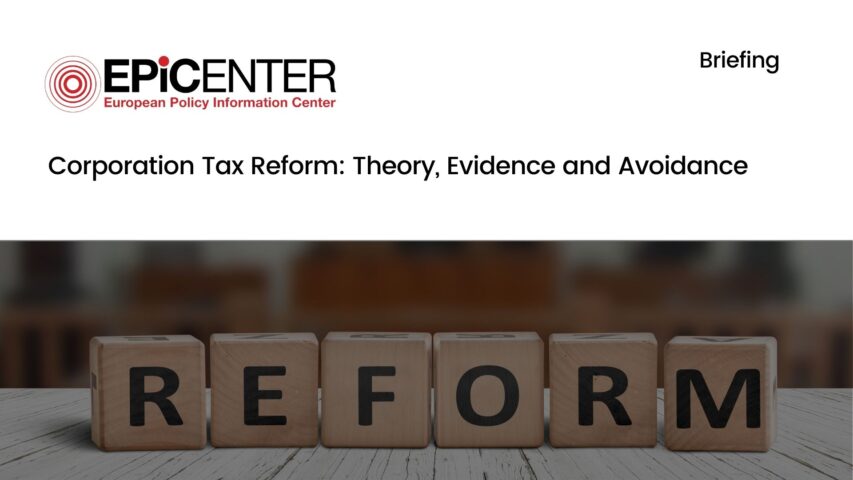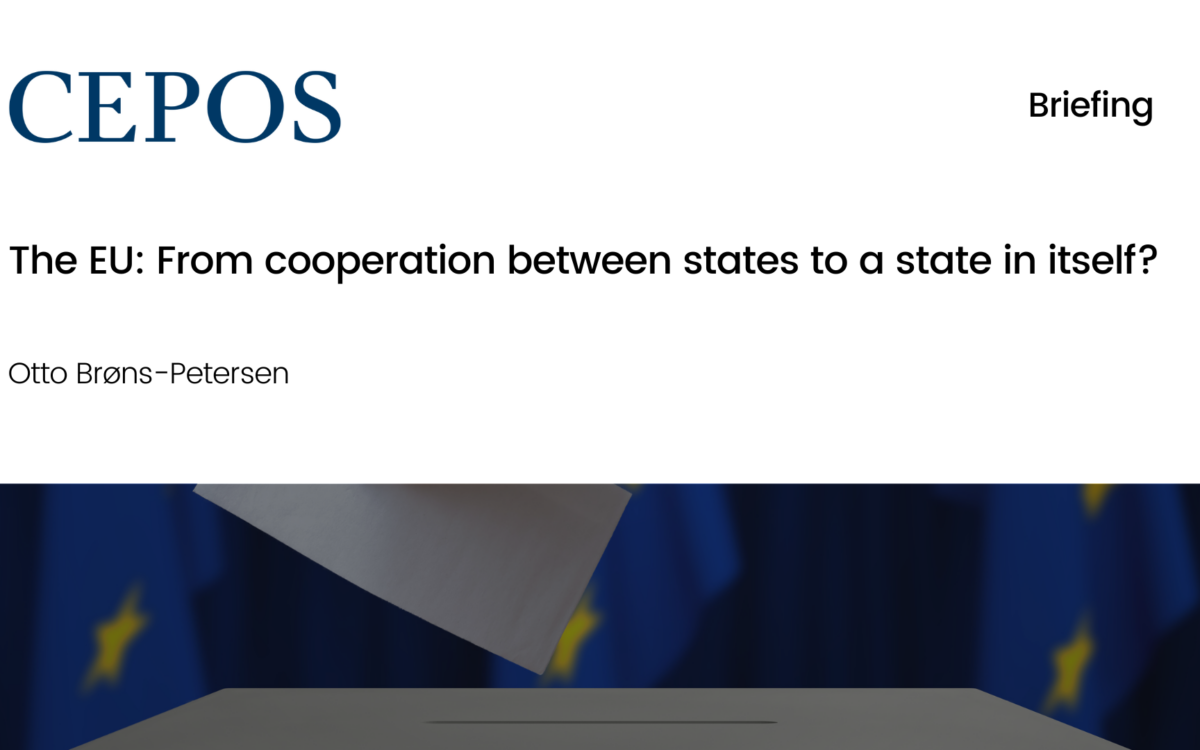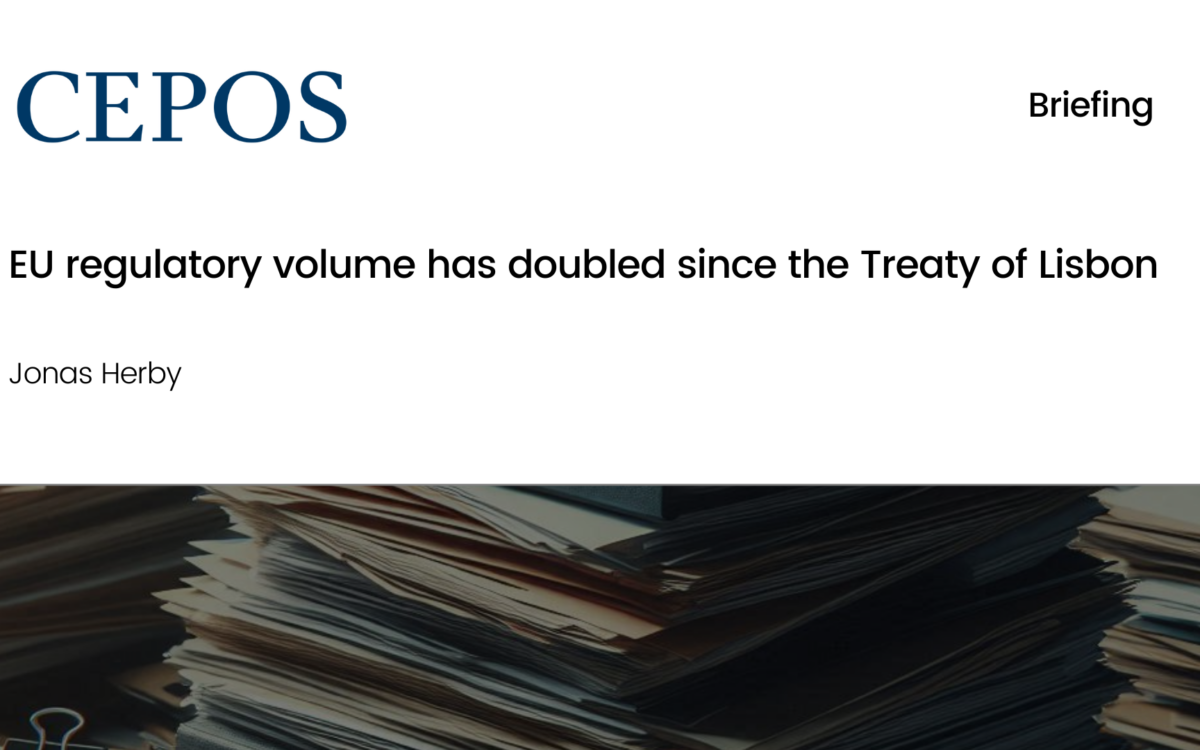Corporation Tax Reform: Theory, Evidence and Avoidance

Corporation Tax Reform: Theory, Evidence and Avoidance
July 2016
There are efforts at national, EU and international levels to put forward significant reforms to the corporate tax system. The 20th century model of profits taxation is no longer fit for purpose in a globalised world where highly mobile intangible and financial capital is gaining in importance. There is also increasing popular discontent about perceived unfairness of national tax systems in an environment of tighter budget constraints. Recent revelations of tax treaties in Luxembourg and bank accounts in Panama have pushed this issue into the limelight.
Over the years, empirical studies have also accumulated on the impact of corporate taxation on other economic variables such as aggregate investment, innovation and worker productivity. Both suggest that corporation taxes are an inefficient way to raise revenue for public services and transfers, and that much of their burden falls on people who are not wealthy owners of capital. The evidence also suggests that the extent of tax avoidance is much overstated.
Download or share this publication
View the PDF
EPICENTER publications and contributions from our member think tanks are designed to promote the discussion of economic issues and the role of markets in solving economic and social problems. As with all EPICENTER publications, the views expressed here are those of the author and not EPICENTER or its member think tanks (which have no corporate view).



